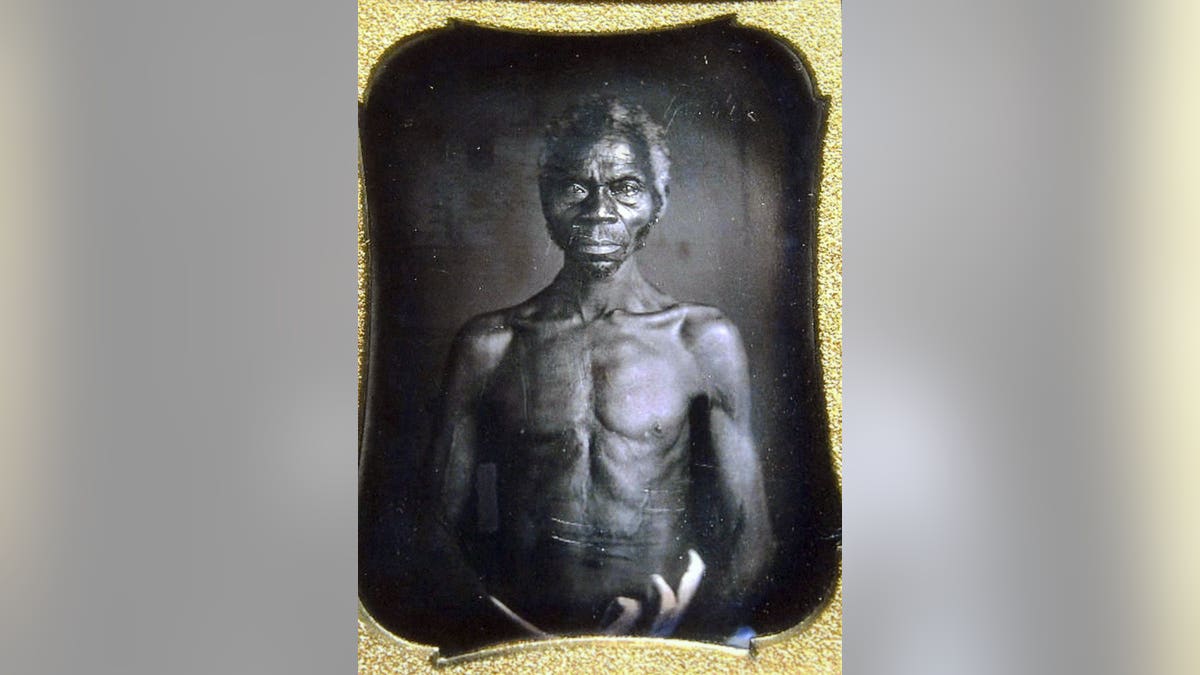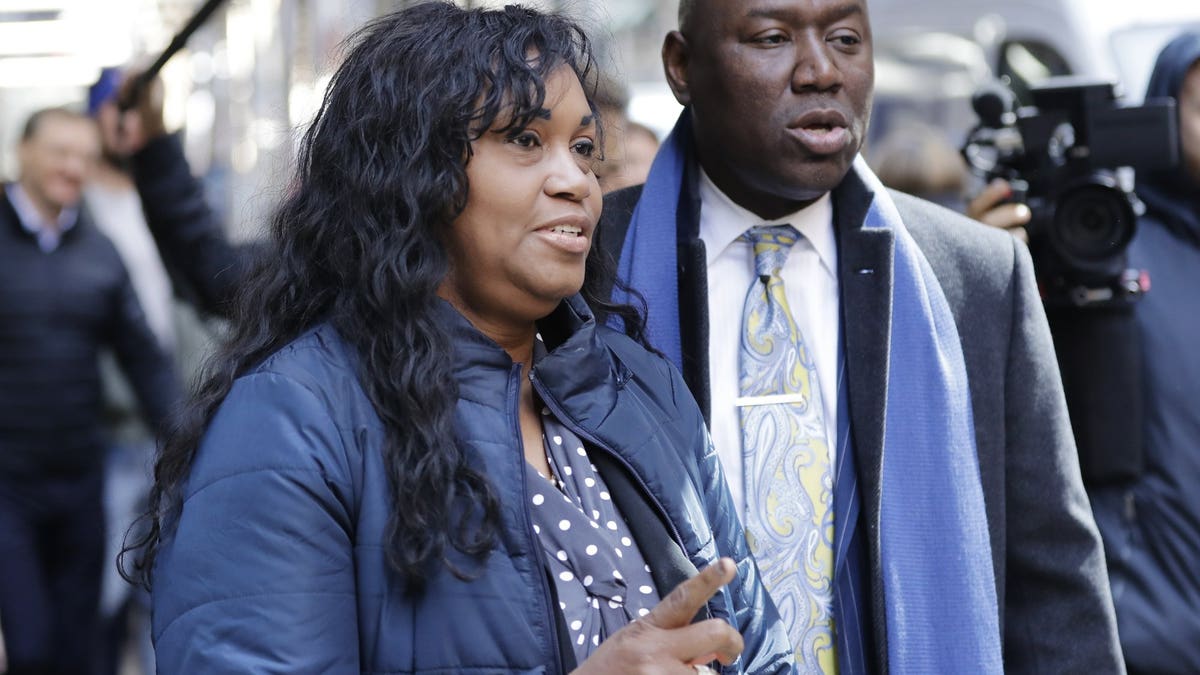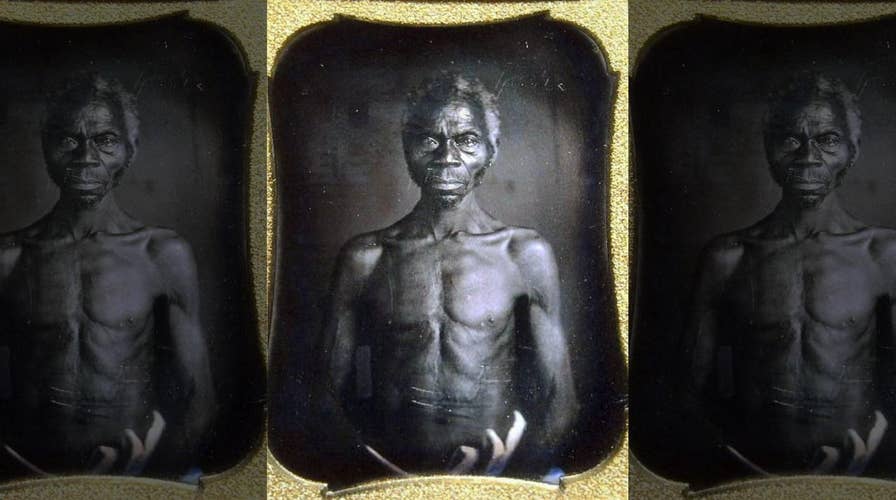Harvard sued for 'exploiting' early photos of slaves, asked to pay damages to woman who says she's next of kin
Harvard University is being sued for 'shamelessly' making a profit from photos of two 19th-century slaves despite requests to turn the photographs over to the slaves' descendants.
Harvard University is being sued for “shamelessly” making a profit from photos of two 19th-century slaves despite requests to turn the photographs over to the slaves' descendants.
Tamara Lanier filed a lawsuit against the institution Wednesday for “wrongful seizure, possession and expropriation” of images she claims features two of her ancestors.
The suit demands the university turn over the photos to her, admit her ancestry and pay an unspecified sum in damages.
AMERICANS SEE COLLEGE ADMISSIONS AS RIGGED FOR WEALTHY, OPPOSE SPECIAL TREATMENT: POLL
The legal action stems from a series of photos taken in 1850 that feature two South Carolina slaves identified as Renty and his daughter, Delia. The images are thought to be the earliest known photos of American slaves and were commissioned by Harvard biologist Louis Agassiz whose theories on racial difference were used to justify slavery in the country.

This July 17, 2018 copy photo shows an 1850 Daguerreotype of Renty, a South Carolina slave who Tamara Lanier, of Norwich, Conn., said is her family's patriarch. The portrait was commissioned by Harvard biologist Louis Agassiz, whose ideas were used to support the enslavement of Africans in the United States. Lanier filed a lawsuit on Wednesday, March 20, 2019, in Massachusetts state court, demanding that Harvard turn over the photo and pay damages. (Courtesy of Harvard University/The Norwich Bulletin via AP)
“To Agassiz, Renty and Delia were nothing more than research specimens,” the suit reads. “The violence of compelling them to participate in a degrading exercise designed to prove their own subhuman status would not have occurred to him, let alone mattered.”
The university has so far declined to comment, noting that the institution "has not yet been served, and with that is in no position to comment on this complaint."
The lawsuit claims Harvard exploited the image of Renty during a 2017 conference and other through other uses, while charging a “hefty” licensing fee for anyone else to reproduce the pictures. The suit adds that Harvard also sells a $40 book with Renty’s portrait on the cover.
Lanier demands Harvard admit it played a role in the humiliation of Renty and Delia and that the institution “was complicit in perpetuating and justifying the institution of slavery.”
UNIVERSITY OF MISSOURI FIRES CAMPUS COP OVER BLACKFACE PHOTO
She argues she’s the rightful owner of the photos as Renty's next of kin, while claiming that neither Harvard nor Agassiz could legally own the photos because they never received the subjects’ consent.

Tamara Lanier, left, and attorney Benjamin Crump, right arrive for a news conference near the Harvard Club Wednesday, March 20, 2019, in New York. Lanier, of Norwich, Conn., is suing the Harvard University for "wrongful seizure, possession and expropriation" of images she says depict two of her ancestors. (AP Photo/Frank Franklin II)
The woman’s suit also says Harvard’s continued possession of the images violates the 13th Amendment that abolished slavery.
“Renty is 169 years a slave by our calculation," civil rights attorney Benjamin Crump, one of Lanier's lawyers, told the media. “How long will it be before Harvard finally frees Renty?”
CLICK HERE TO GET THE FOX NEWS APP
Crump said the case would allow Harvard to “remove the stain from its legacy” and show it has the courage “to finally atone for slavery.”
The Associated Press contributed to this report.






















